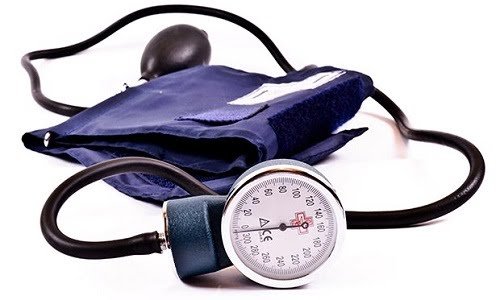Researchers at the University of California, San Diego, have developed for the first time an algorithm to predict a patient’s blood pressure using wearable technology and machine learning.
Sujit Dey, Co-author of the study and Director of the Centre for Wireless Communications at the university San Diego’s Jacobs School of Engineering, said this on Friday.
Scientists at the university carried out research on daily blood pressure prediction and its relationship to health behaviour data collected by wearable.
Dey said that they worked with a team to gather sleep, exercise and blood pressure data from patients throughout more than 90 days using a FitBit Charge HR and Omron Evolv wireless blood pressure monitor.
With machine learning and data from wearable devices, the researchers developed an algorithm to predict the users’ blood pressure and show which particular health behaviours affected it most.
They recorded many possible factors and lifestyles of high-blood pressure patients, including their bedtime and its impact on their blood pressure.
Dey and his team found that the patients, who went to bed 58 minutes earlier over the past week experienced an average 3.6 per cent drop in systolic blood pressure and 6.6 per cent decrease in diastolic blood pressure from a week before.
He said that if they could pinpoint the one health behaviour that impacts an individual’s blood pressure most, they could help the patients adopt a more beneficial lifestyle.
“Using wireless wearable and other devices to collect and analyse personal data can help transition patients from reactive to continuous care,” Dey said.
The study was conducted as part of the Connected Health programme at the Centre for Wireless Communications at University of San Diego’s Jacobs School of Engineering. (Xinhua/NAN)

